The Dialogue, June 30, 2020
An overwhelming 96 percent of institutional investors in a May survey by Natixis Investment Managers said they have an important role to play in addressing global challenges, such as climate change, the need for infrastructure development, and social and economic inequality. Sixty percent of respondents in the survey said they would be willing to invest in projects that help address societal challenges as long as they meet their portfolios’ long-term goals. How important has environmental, social and governance, known as ESG, investing become in Latin America and the Caribbean? What types of projects in the region are most primed for such investment? How do Latin America and the Caribbean compare to other regions of the world in their levels of ESG investing?
Roland Potts, partner, and Ravika Rameshwar, associate attorney, both at Diaz Reus: “Latin America and the Caribbean are increasingly relying on environmental, social and governance, or ESG, investments to help address their financial needs. The region faces an infrastructure gap and has recently seen financial institutions withdraw, in part due to the region’s vulnerability to natural disasters and climate change. While some financial institutions have withdrawn from the region, according to the Climate Bond Initiative, Latin America and the Caribbean saw an increase in the green bond markets in 2019, contributing to 2 percent of green bonds issued globally. With oil and gas markets hitting record lows, the region and global investors may use this opportunity to shift their focus to sustainable and green investments. With the arrival of the Covid-19 pandemic, ESG in Latin America and the Caribbean is needed now more than ever, offering a potential growing market for investors looking at the space. Specifically, Covid-19 revealed gaps in infrastructure globally, including in Latin America and the Caribbean. Pandemic-response bonds are already emerging and are designed to deal with the social and economic repercussions of Covid-19. It would seem that at this point in time, Latin America and the Caribbean present a unique market for ESG investment. Indeed, the region, once heavily associated with corruption, has increased anti-corruption efforts, in part to increase global investment and make the region more inviting to investment dollars on projects other than the exploitation of natural resources. Companies are eager to boast ethically conscious and socially responsible investments in an effort to differentiate themselves and receive attention from international investors.”








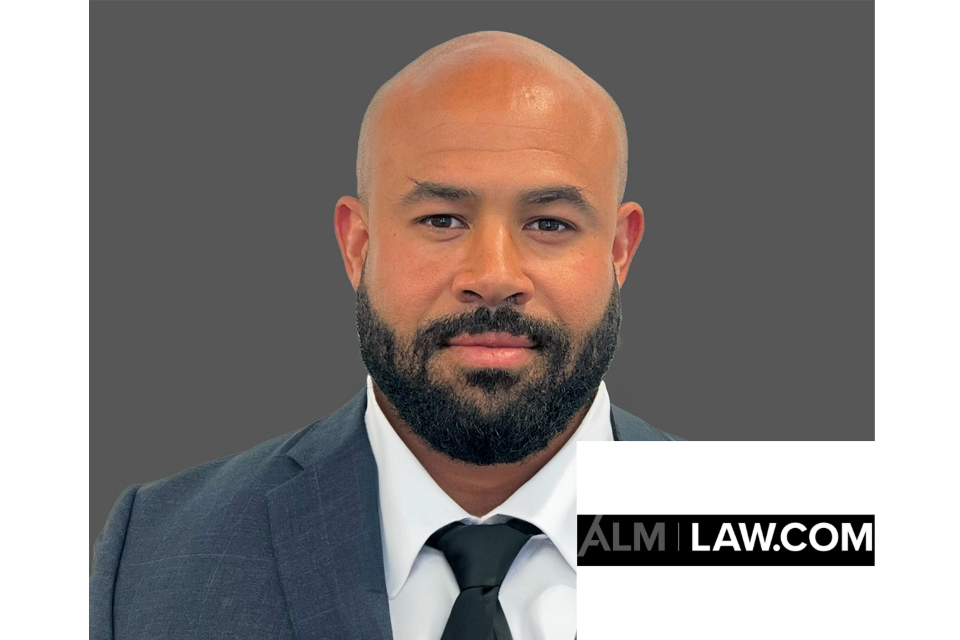



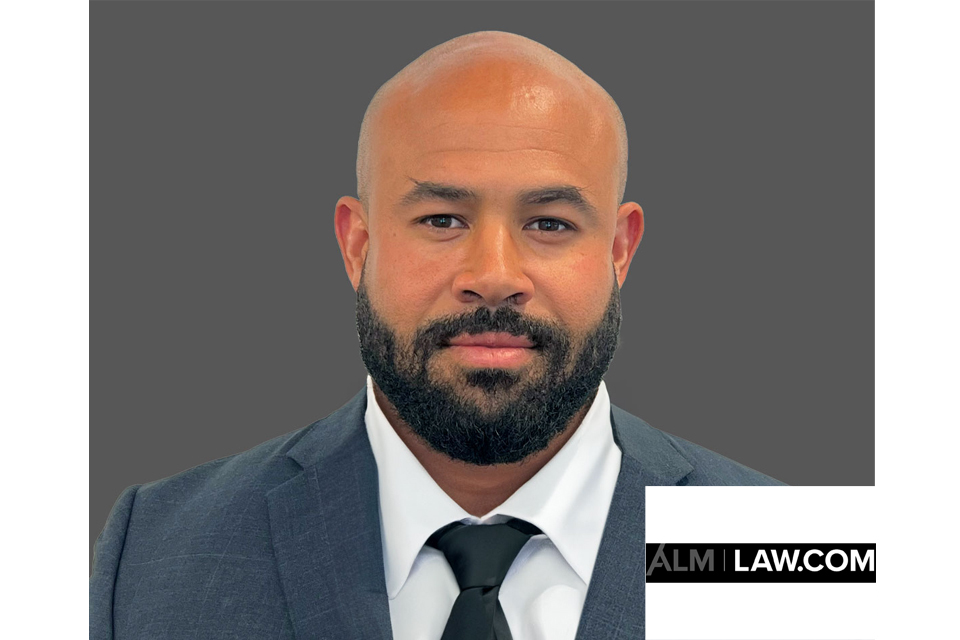






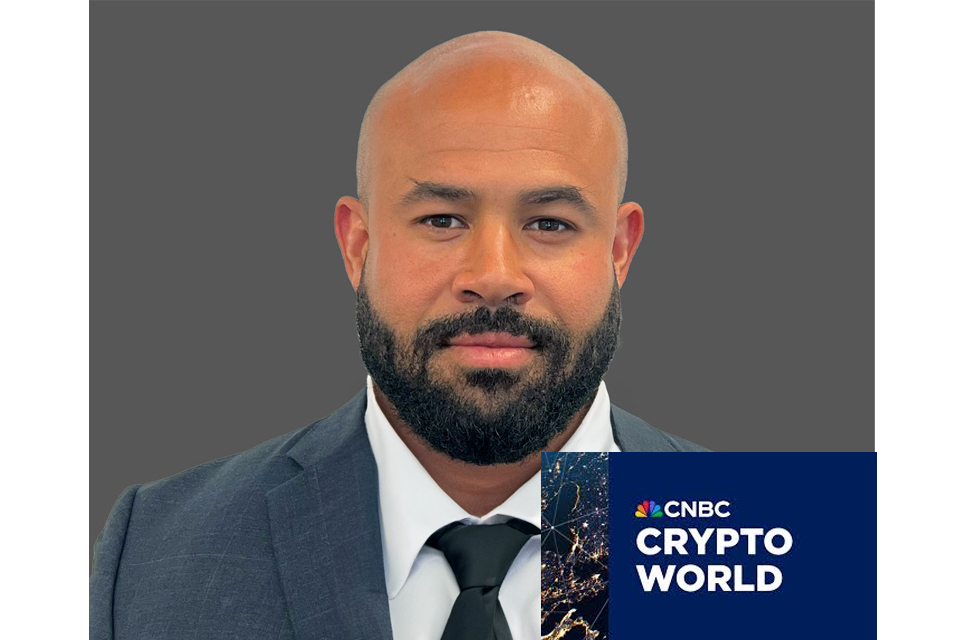



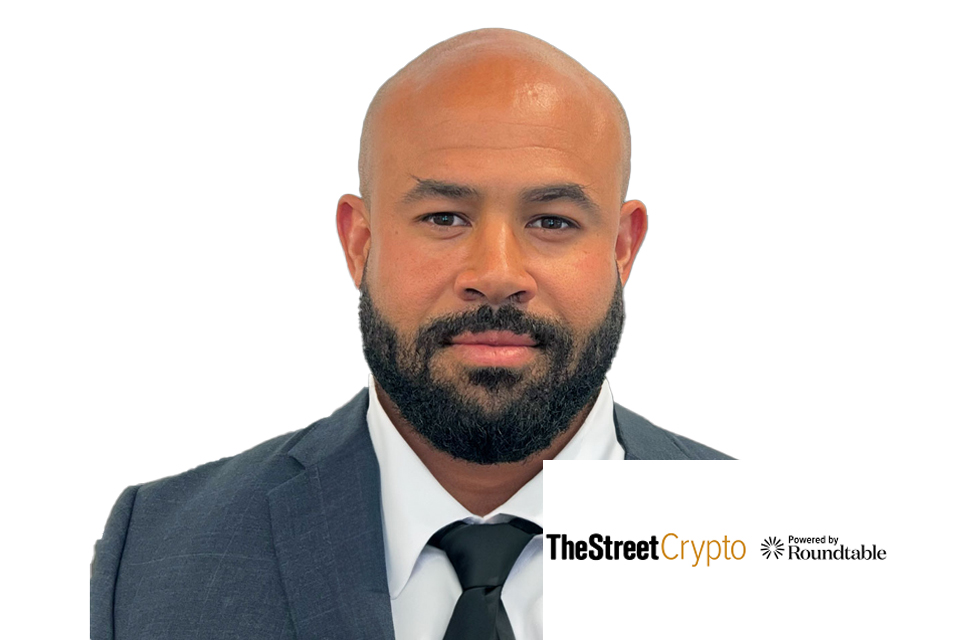




















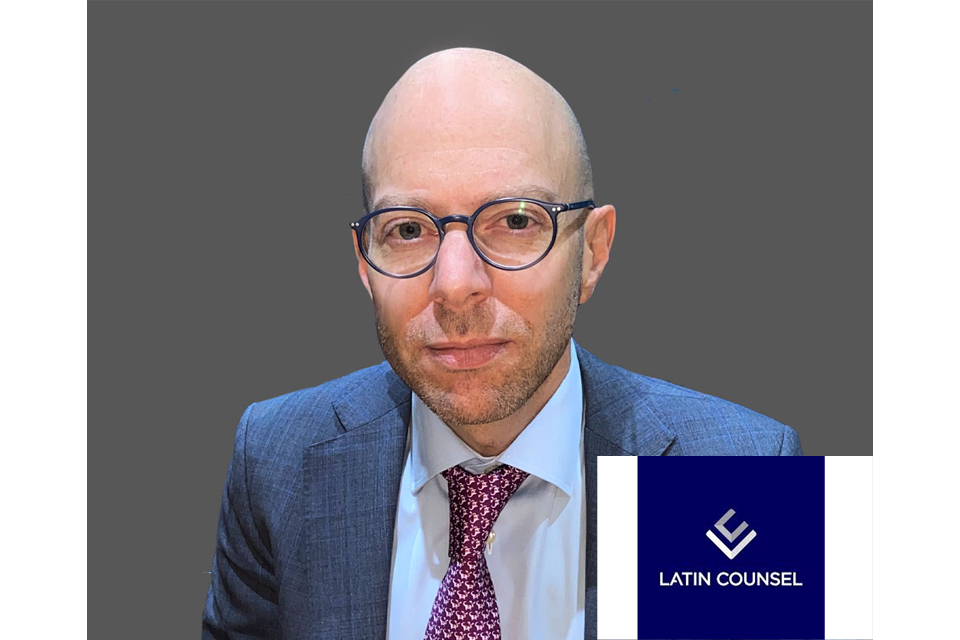





































![Especial abogados Salón de la Fama[61] 4](https://diazreus.com/wp-content/uploads/2023/06/Especial-abogados-Salon-de-la-Fama61-4-pdf.jpg)


























































































































































































